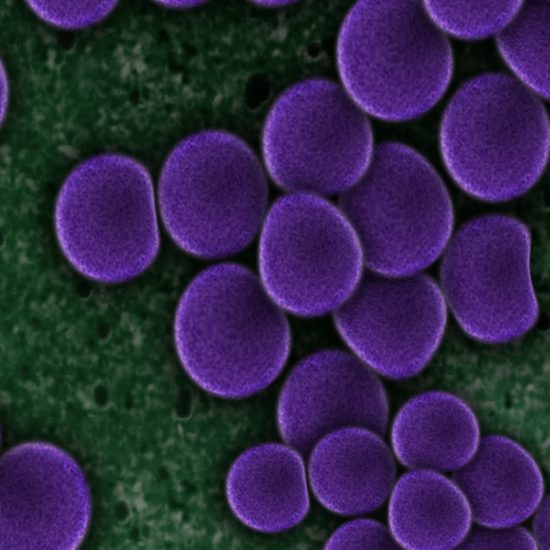Common drug-resistant superbug develops fast resistance to ‘last resort’ antibiotic
A study published in Cell Reports reveals how populations of a bacterium called Pseudomonas respond to being treated with Colistin, a ‘last resort’ antibiotic for patients who have developed multi-drug resistant infections.
Antibiotics play a key role in human health by helping to combat bacterial infection, but bacteria can evolve resistance to antibiotics patients rely on. Antibiotic-resistant infections now cause >1 million deaths worldwide per year.
With a small number of ‘last-resort’ antibiotics available, researchers from the University of Oxford are investigating the processes that drive the rise, and fall, of resistance in common bacterial pathogen populations, which is key to tackling the increase in antimicrobial resistance (AMR).
The results showed that the Pseudomonas infections quickly evolved resistance to this last-resort antibiotic – due to a gene that mutates at a rate 1,000 times higher than the ‘normal’ background rate of mutation. Mutations in this gene, known as pmrB, allowed the bacteria to evolve their resistance to Colistin.
AMR NEWS
Your Biweekly Source for Global AMR Insights!
Stay informed with the essential newsletter that brings together all the latest One Health news on antimicrobial resistance. Delivered straight to your inbox every two weeks, AMR NEWS provides a curated selection of international insights, key publications, and the latest updates in the fight against AMR.
Don’t miss out on staying ahead in the global AMR movement—subscribe now!







